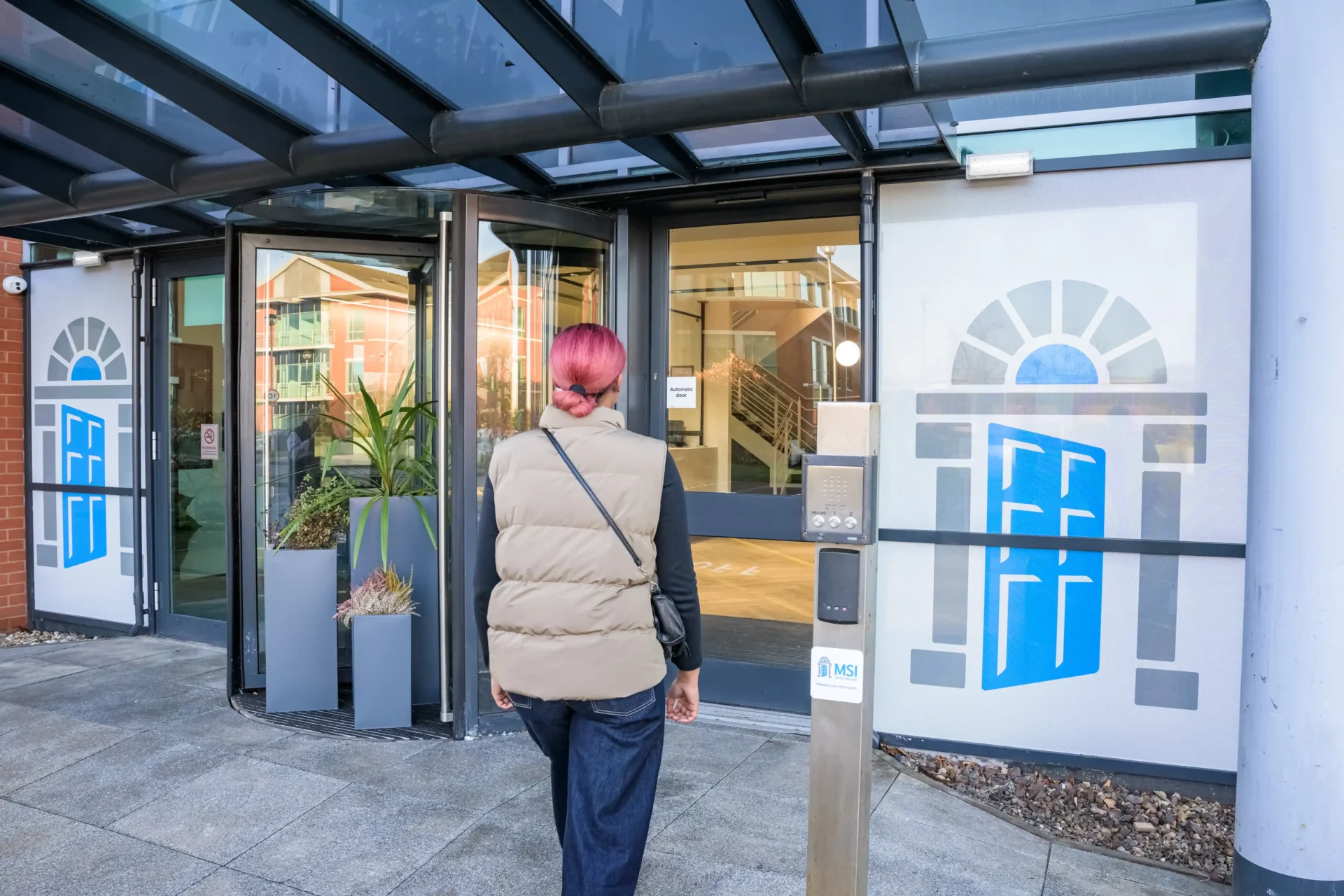London, 27th October 2023
Today marks the anniversary of the Abortion Act 1967. The Act was a major step forward at the time, allowing people to end their own pregnancies legally and safely. But today, with the availability of medical abortion (pills), at-home abortion care, new technology, and the advancement of medical principles based on consent and bodily autonomy, the law looks increasingly outdated and in need of urgent reform.
What does the Abortion Act 1967 say?
The Abortion Act made abortion legal in Britain as long as certain criteria are met.
If these criteria are not met, there is a risk of prosecution or even jail. For example, if a woman orders pills online from an unregulated provider, both the supplier and the woman could face criminalisation.
Before the Abortion Act was passed, abortion was illegal under the Offences Against the Persons Act 1861.
The Abortion Act 1967 made abortion legal, but only if:
- the abortion is carried out by a registered doctor
- that two doctors acting “in good faith” agree that one or more of the following grounds are met:
- that the pregnancy has not exceeded 24 weeks’ gestation and that continuing the pregnancy would involve risk, greater than if the pregnancy were terminated, of injury to the physical and/or mental health or the pregnancy woman or any existing children.
- that the termination is necessary to prevent grave permanent injury to the physical or mental health of the pregnant woman.
- that continuing the pregnancy would involve risk to the life of the pregnant woman greater than if the pregnancy were terminated.
- that there is a substantial risk that if the child were born it would suffer from such physical or mental abnormalities as to be seriously handicapped.
The Act also stipulated that abortion must take place on registered premises, but this has since been amended by Parliament. Early medical abortion at home was made permanently legal through primary legislation included in the Health and Social Care Act 2022, following successful advocacy from abortion providers and pro-choice groups.
Abortion law reform
The Abortion Act 1967 did not decriminalise abortion. It established conditions which must be met in order for each termination to be legal.
In 1967, the Abortion Act was a progressive piece of legislation. David Steel, the MP who introduced it, said a decade later that he had hoped his legislation would “encourage the concept of socio-medical care,” as “social conditions could not be separated from medical considerations.” In 2017, David Steel himself wrote in the Independent: “The time has surely come to update the 50-year-old reform by decriminalising abortion altogether.”
Today, all major medical bodies, from the World Health Organisation (WHO) to the Royal College of Obstetricians and Gynaecologists (RCOG) recognise abortion as healthcare. Sexual and reproductive healthcare is understood as a public health issue. Yet abortion law does not reflect this progress.
While the (intentionally) broad language of the Abortion Act does cover most people who need or choose to end a pregnancy, there is increasing concern about police investigations for those who end their own pregnancies, sometimes in extremely difficult circumstances, outside the parameters of the Act.
Abortion care and gender equality
Some argue that the Crown Prosecution Service (CPS) should formally declare it not to be in the public interest to prosecute those who end their own pregnancies. While this would be a welcome move, even without prosecutions, the Abortion Act 1967 is deeply problematic.
Firstly, the Act makes it clear that the decision to have an abortion ultimately sits with the doctor, not the person who is pregnant. For other comparable forms of healthcare, consent is a key principle. Medical professionals are led by patients, who have a right to make informed decisions about their own care. There is no reason why abortion care should be excluded from this principle.
And by setting out acceptable reasons for having an abortion, the law forces people to justify a decision which is nobody’s business but their own. The reasons don’t make much sense in 2023. Abortion care is now so safe that ending a pregnancy with a regulated provider is always safer than continuing with one, so at least one of the criteria is always met. This outdated law means that, at a time when healthcare services are under tremendous workforce pressures, doctors are spending time completing forms for which there is no clinical need.
This all stands in direct opposition to clinical best practice. It would be unthinkable to require that a majority of MPs and Peers in both Houses of Parliament vote in favour before allowing any other form of healthcare to be provided by telemedicine. It’s especially problematic when there is such a clear recommendation to offer telemedicine from all the relevant clinical bodies, as there was with at-home abortion. Yet this was what the sector had to fight for before abortion by telemedicine could be offered legally as a permanent service. Despite being a clinically-recommended, safe, popular, effective service used by hundreds of thousands of women, transgender men, and non-binary people every year, the at-home service option was almost removed in 2022. The only reason it is still legal to provide this service today is because of political advocacy and parliamentary support. This shows the extent to which our abortion laws leave reproductive healthcare policy (and the ability of providers to offer high quality care) to be determined not by medical evidence or regulation, but by politicians.
The right time for change
Independent YouGov polling recently found that almost 90% of Brits support the right to have an abortion. More than half (52%) say that those who have an abortion outside of the parameters of the law should not face criminal prosecution, with just 21% saying they should. Three quarters of Britons (74%) support changing the law to enshrine a legal right to abortion.
As we reflect on the anniversary of the Act, we shouldn’t be complacent about abortion access in Britain.
It can never be in the public interest for anyone to face prison for ending their own pregnancy. The world has changed since 1861 – and it has changed since 1967, too. Medicine has changed. Gender equality has changed. And public opinion has changed. Now is the time to remove abortion from criminal law altogether.







